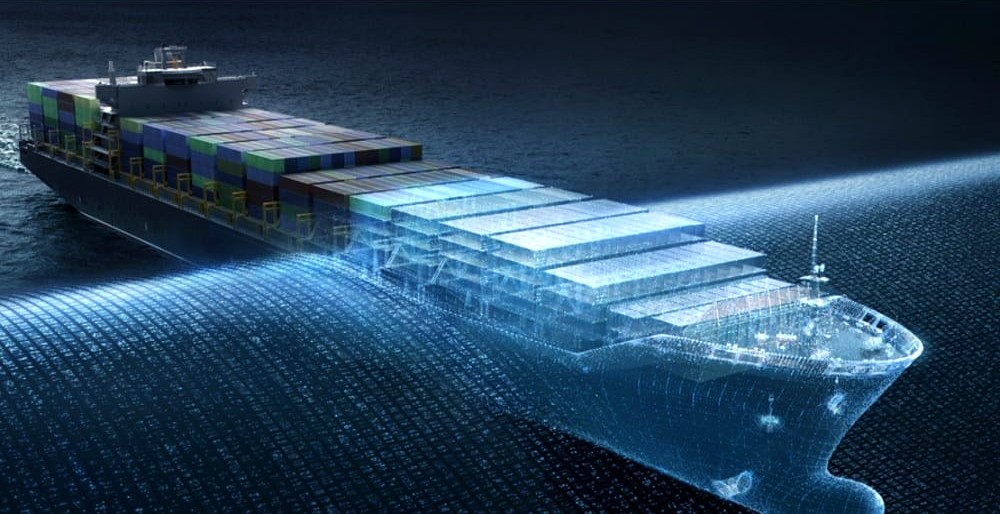In the vast expanse of the world’s oceans, where vessels of all shapes and sizes traverse the waters, effective ship management is crucial for safe and efficient maritime operations. In recent years, the maritime industry has witnessed a wave of technological innovations that are revolutionizing the way ships are managed and operated. From advanced monitoring systems to artificial intelligence and predictive analytics, technology is reshaping the landscape of ship management, enhancing efficiency, safety, and sustainability. This article delves into the groundbreaking innovations that are transforming ship management and propelling the industry into the digital age.
- Smart Monitoring Systems
One of the most significant advancements in ship management is the adoption of smart monitoring systems. These systems utilize sensors, data analytics, and connectivity technologies to provide real-time insights into various aspects of vessel operations. From engine performance and fuel consumption to equipment health and environmental conditions, smart monitoring systems enable ship managers to monitor critical parameters remotely and make informed decisions to optimize performance and minimize downtime.
- Predictive Maintenance
Predictive maintenance is another game-changing technology that is revolutionizing ship management. By leveraging data from onboard sensors and historical performance data, predictive maintenance systems can anticipate equipment failures before they occur. This proactive approach allows ship managers to schedule maintenance activities strategically, minimizing disruptions to operations and reducing maintenance costs. Ultimately, predictive maintenance helps extend the lifespan of onboard equipment and ensures the reliability of critical systems, enhancing overall vessel safety and performance.
- Automation and Robotics
Automation and robotics are transforming various aspects of ship management, from cargo handling and navigation to maintenance and inspections. Autonomous ships, equipped with advanced navigation systems and artificial intelligence algorithms, have the potential to revolutionize the shipping industry by reducing human error, improving fuel efficiency, and optimizing route planning. Additionally, robotics technology is being employed for tasks such as hull cleaning, underwater inspections, and cargo handling, enhancing efficiency and safety while reducing the need for manual labor.
- Artificial Intelligence and Machine Learning
Artificial intelligence (AI) and machine learning (ML) are playing an increasingly important role in ship management. These technologies enable ships to analyze vast amounts of data in real-time, identify patterns, and make autonomous decisions to optimize operations. AI-powered predictive analytics can forecast weather patterns, predict vessel performance, and optimize route planning to minimize fuel consumption and emissions. Moreover, AI-driven decision support systems assist ship managers in making informed decisions related to maintenance scheduling, crew management, and logistics planning.
- Cybersecurity Solutions
As ships become more interconnected and reliant on digital technologies, cybersecurity has emerged as a critical concern for ship management. To mitigate the risk of cyber threats, ship managers are implementing robust cybersecurity solutions designed to safeguard onboard systems and data from unauthorized access and cyber attacks. These solutions include firewalls, encryption protocols, intrusion detection systems, and security awareness training for crew members. By prioritizing cybersecurity, ship managers can ensure the integrity, confidentiality, and availability of critical shipboard systems and data.
Conclusion
The innovations in ship management through technology are driving significant advancements in the maritime industry, enhancing efficiency, safety, and sustainability. From smart monitoring systems and predictive maintenance to automation, artificial intelligence, and cybersecurity solutions, technology is reshaping the way ships are managed and operated. As the maritime industry continues to embrace these innovations, the future promises to be one of increased efficiency, reduced environmental impact, and enhanced safety across the world’s oceans. By harnessing the power of technology, ship managers can navigate the complexities of modern maritime operations with confidence and precision, charting a course towards a more connected, efficient, and sustainable maritime ecosystem.

